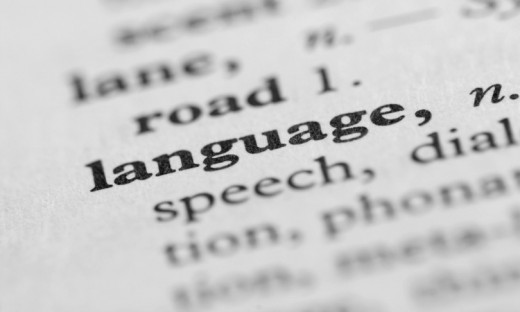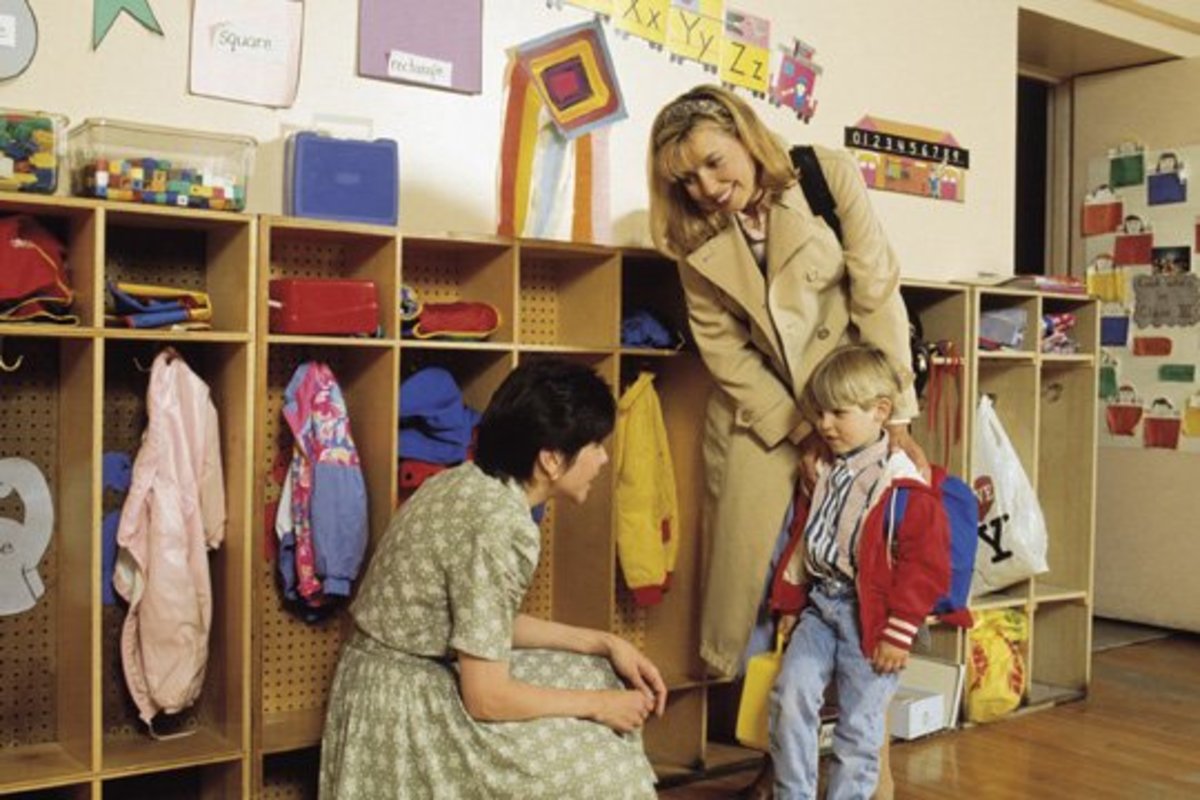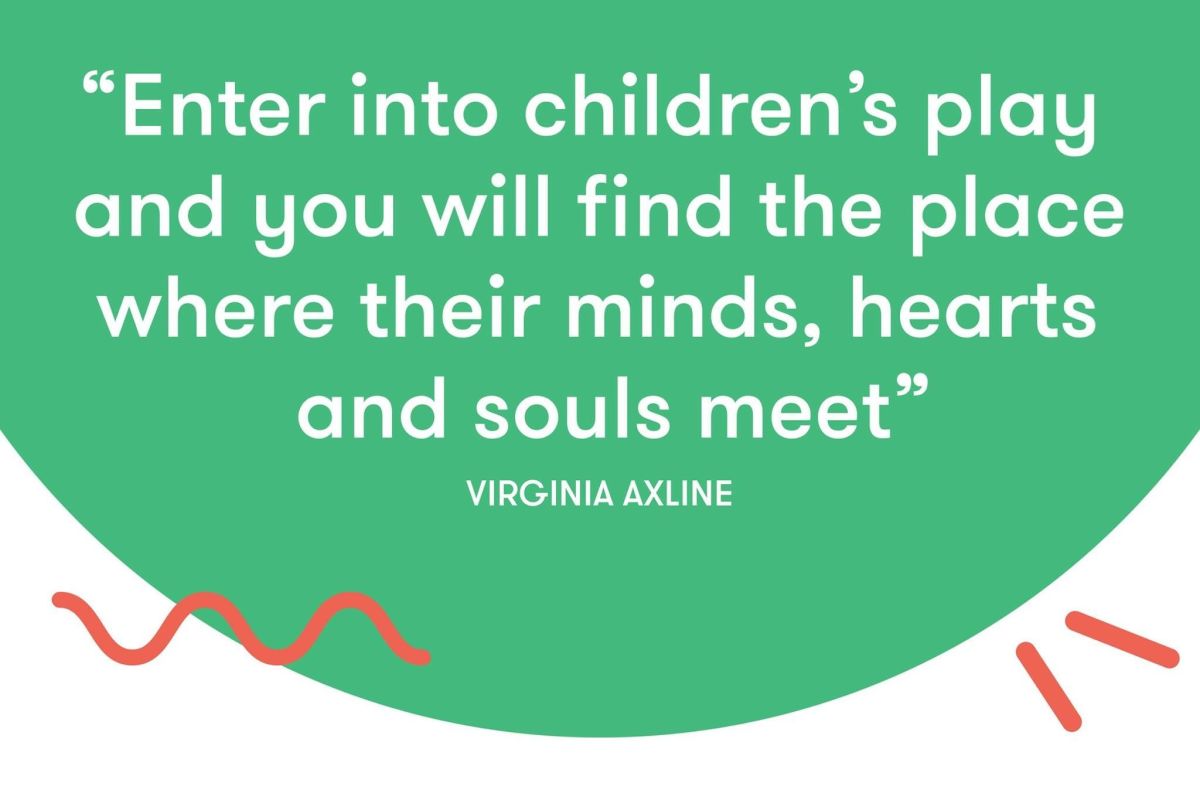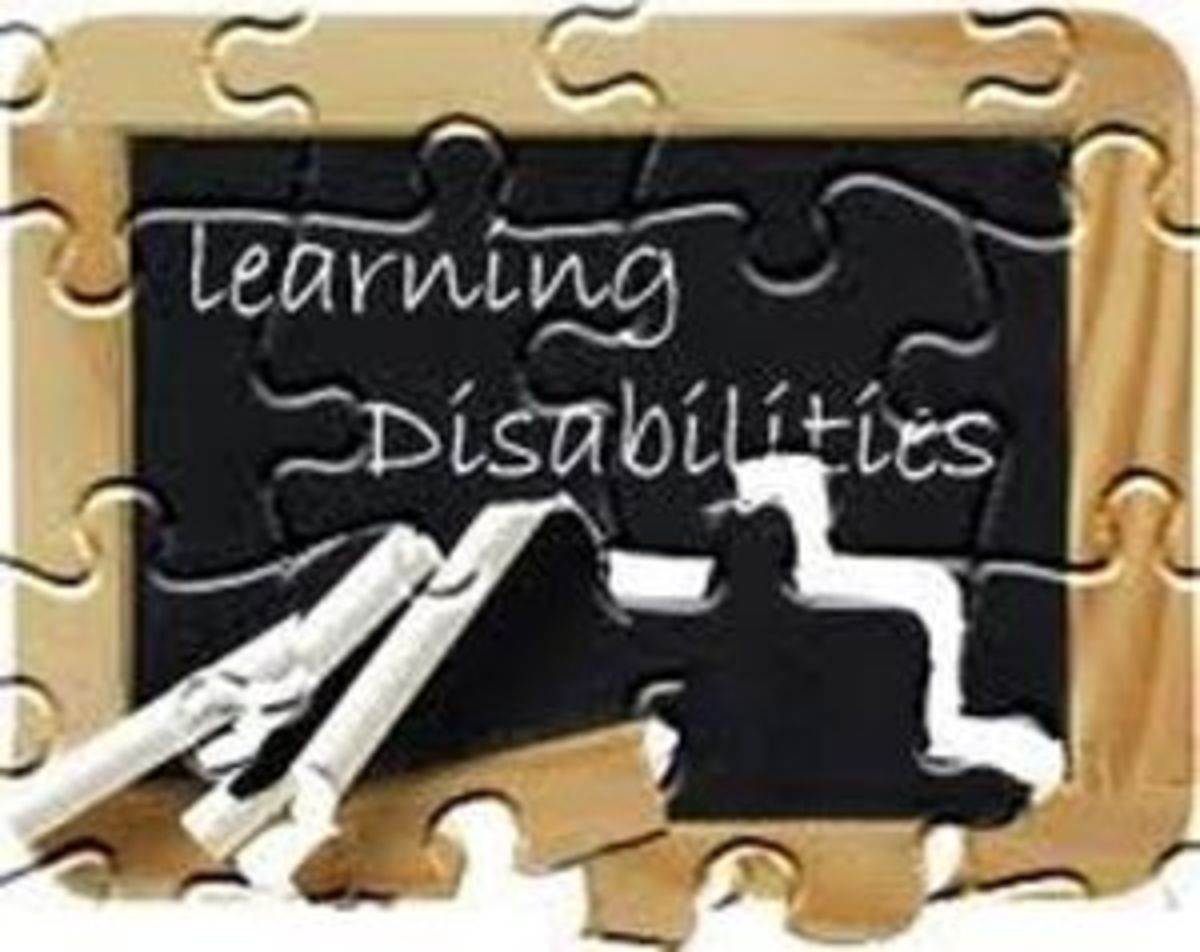Expressive Language Disorder Learning Disability

Expressive language disorder is an impairment in the development of language. It is estimated that 3 - 10% or all school-aged children have expressive language disorder. Children with this disorder often display learning problems, low self-esteem, and social problems. The linguistic features of the disorder vary depending on the severity and on the age of the child. In general, expressive language disorder means a child has difficulty conveying information through speech, writing, sign language, and gestures.
While some children may be delayed in reaching language milestones, most will catch up to their peers by age three. These children are simply late talkers. Children who continue to demonstrate difficulty, however, may be diagnoses with expressive language disorder or some other language impairment.
Symptoms of Expressive Language Disorder
The grammatical aspects of spoken language is often quite difficult for children with expressive language disorder. These children typically produce shorter phrases and sentences than their peers. They also tend to have smaller and more basic vocabularies.
While symptoms of the disorder may differ from child to child, there are some common signs. These include:
- Grammatical errors such as leaving off words, poor/incomplete sentence structure
- Using fewer words than children of a similar age
- Using shorter or more simple sentence structure than children of a similar age
- Having trouble finding the right words
- Having limited vocabulary than children of a similar age
- Using non-specific vocabulary such as "thing" or "this"
- Confusing the meaning of words in a sentence
- Using the wrong words in a sentence
- Repeating a speaker's words
- Seeming to talk in circles
- Hesitating when conversing
- Problems with retelling stories or with relaying information in an organized fashion
- Having difficulty with oral and written school assignments and other work
- Unable to start or hold conversation
- Not observing rules of communication

If you suspect your child may be suffering from a language disorder it is important to contact your health care provider. Though every delay is not symptomatic of a disorder, here are some general guidelines that may indicate a need for further assessmentL
- At 15 months, does not look or point to 5 - 10 objects when named by a parent or caregiver
- At 18 months, does not follow simple directions
- At 24 months, is not able to point to a picture or a body part when named
- At 30 months, does not verbally respond, nod or shake head. does not ask questions
- At 36 months, does not follow 2-step directions
Causes of Expressive Language Disorder
The cause of expressive language disorder is largely unknown. Expressive language disorder can be developmental (from birth) or it can be acquired (for example, after a trauma or medial condition). Malnutrition is also believed to lead to the disorder in some cases. Research suggests that there may also be a genetic component in some cases.
Diagnosing Expressive Language Disorder
If your child is having difficulty with speech and language, it is important to have them assessed by a trained speech pathologist or speech therapist. These professionals will perform specific tests to identify those areas of language that your child finds difficult. In addition, a hearing assessment, auditory processing test, testing for other learning difficulties, and testing for assessing cognitive functioning may be recommended.








